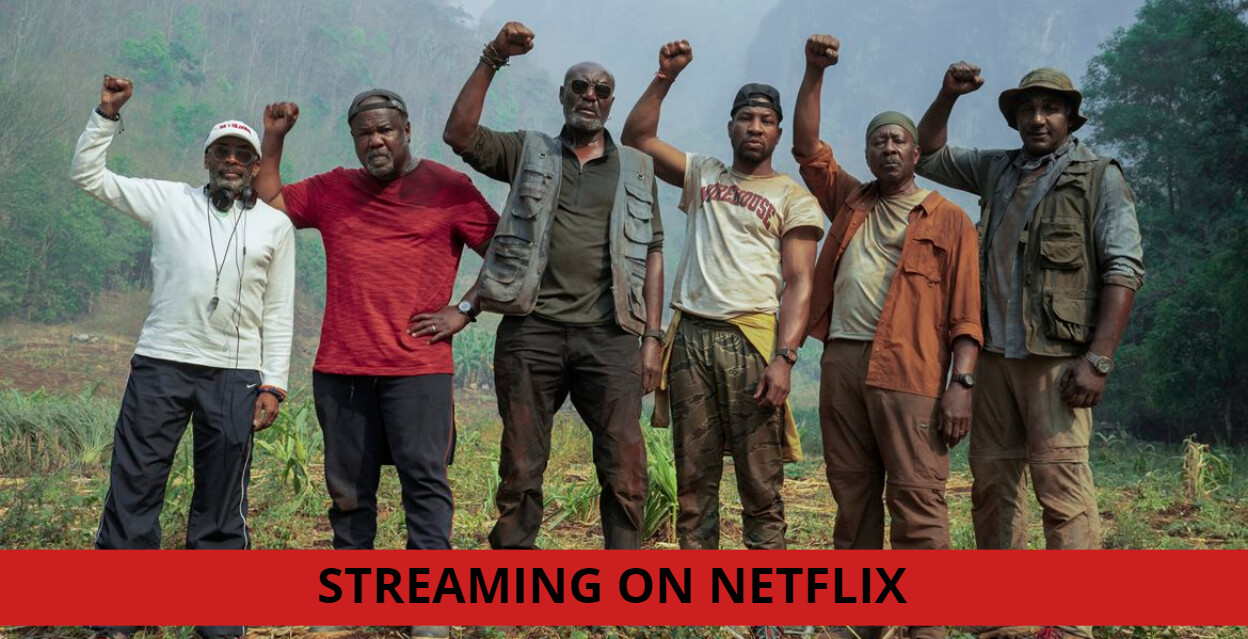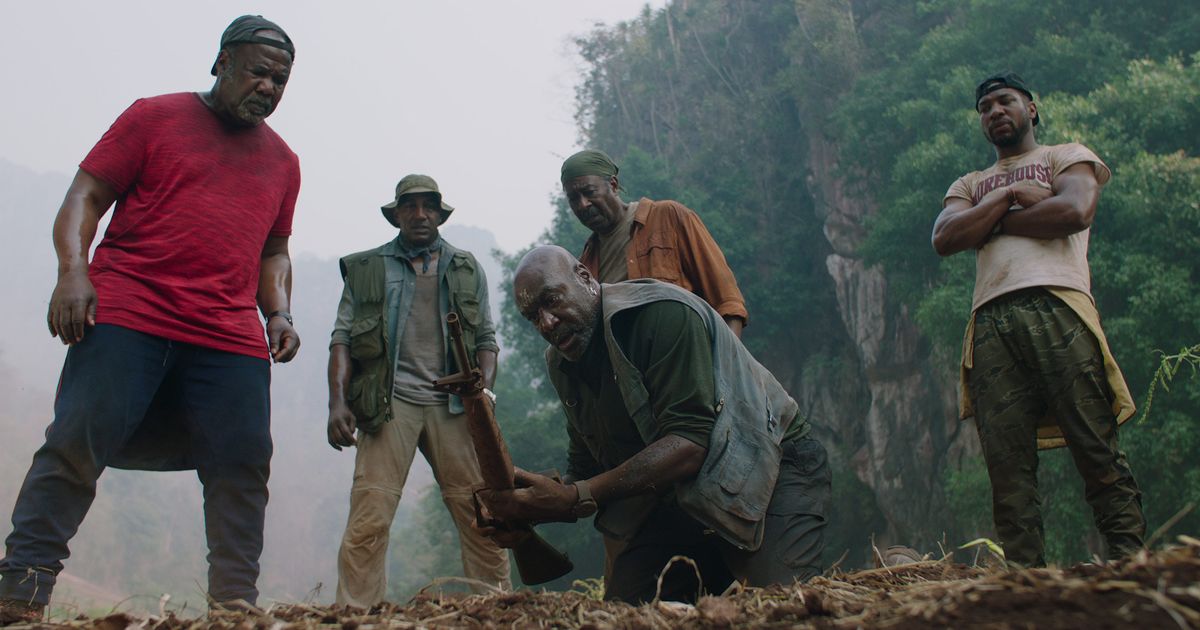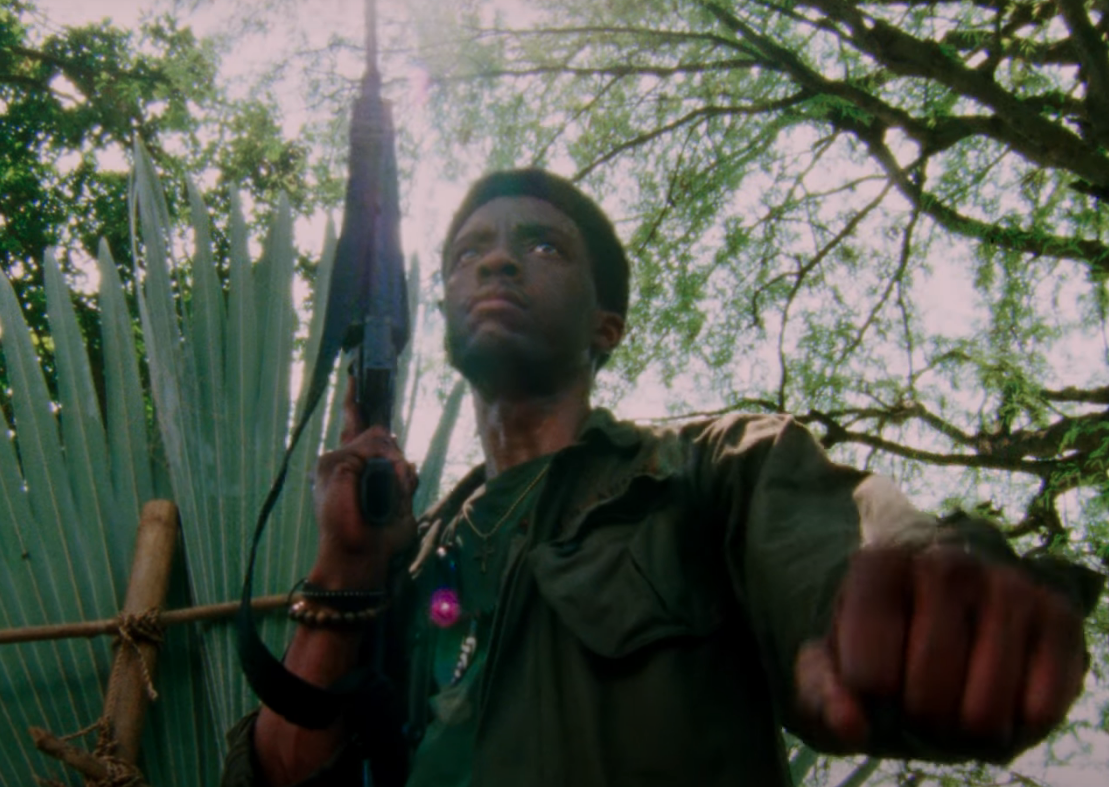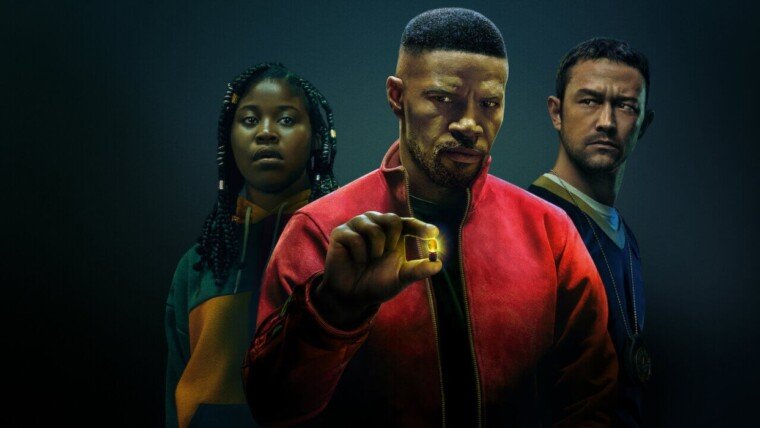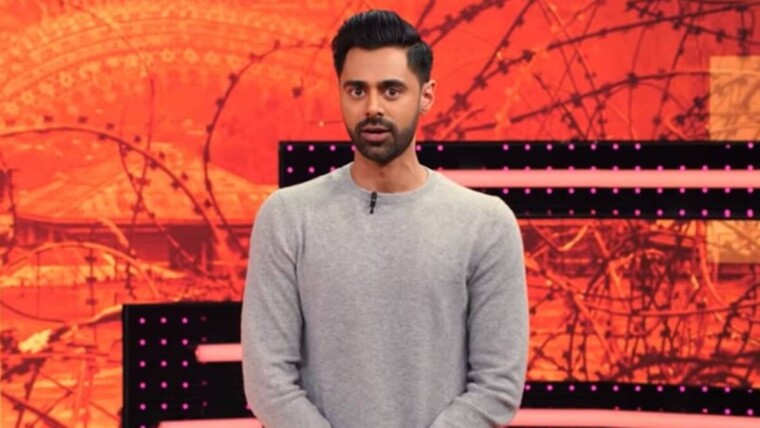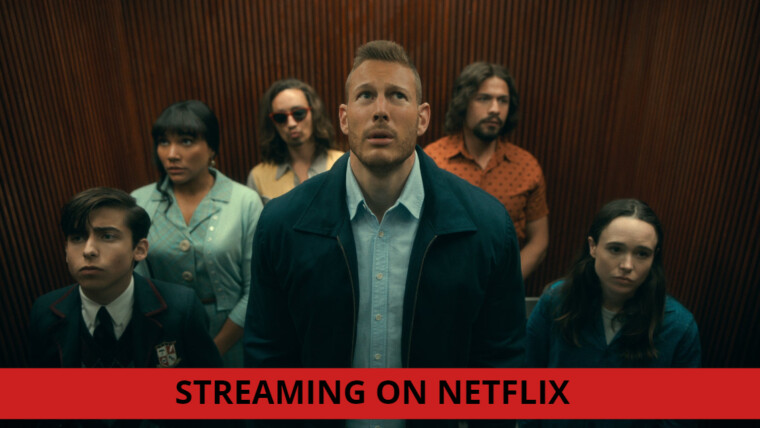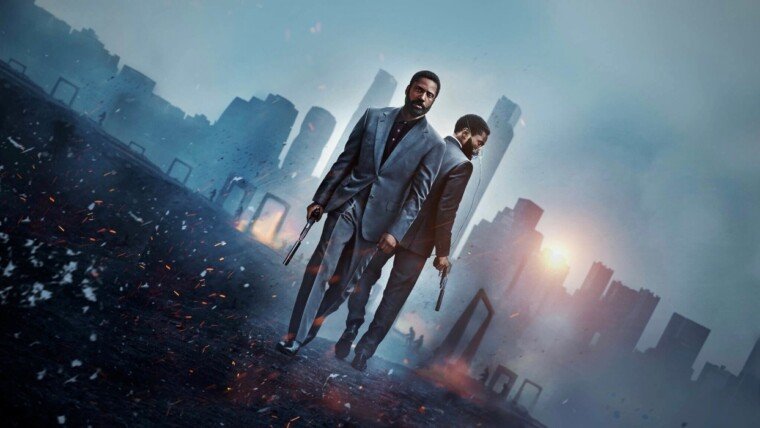Spike Lee isn’t and has never been a consistently brilliant filmmaker. This is, after all, the director who put unto this world forgettable mediocrities such as Summer of Sam and She Hate Me, and blasphemous monstrosities such as the remake of Park Chan Wook’s heart-pounding magnum opus, Oldboy. And for years I wondered why the man who gave us the powerful and nuanced Malcolm X (Lee didn’t portray Malcolm X as an unblemished messiah, but a human being with flaws to match his greatness), would even consider remaking Oldboy. I wondered why even his stories about Black men such as Miracle at St. Anna, lacked the kind of sincerity that permeated your soul.
Maybe I’m just reaching, maybe it’s nothing but a coincidence, maybe it’s just a further testament to this director’s inconsistencies, but it does appear that the Trump administration has lit a fire under the filmmaker, awakening him from a long slumber. While there has always been a cry to have more Black voices telling Black stories, Trump’s bigoted stance and his tendency to promote racism and white supremacy, has definitely turned muffled weeps into fervent chants, echoing not just in the United States but across the globe. Black people have been screaming for years, but for the first time in a long time, the rest of us are actively asking why.
***
In 2017, Moonlight, an independent film about the struggles of a gay-Black man, by an unknown director at the time (Barry Jenkins), won Best Picture at the Academy Awards, beating what was initially the clear favourite, La La Land. Also in 2017, Jordan Peele’s Get Out, a tiny psychological-horror film on modern-day racism/slavery with a production budget of $US 4.5 million grossed over $US 255 million worldwide, turning Peele into a household name. A couple of years ago, Black Panther grossed over $US 1.3 billion worldwide (it’s the 12th highest grossing film of all time and also the only film in the top 100 grossers of all time with a Black person in the lead) and also became the first comic book movie in history to receive a Best Picture nomination. The very same year, Spider-Man: Into the Spider-Verse won Best Animated Feature at the Oscars, beating Disney flicks such as Incredibles 2.
And in 2018, Spike Lee made what I believe to be his first unmissable film since… well, since Malcolm X. BlackKklasman is also the first film of Lee’s to receive a Best Picture nomination at the Academy Award; The first time that Spike Lee himself received a Best Director nomination; The first time he clinched the Best Adapted Screenplay trophy. BlackKklasman saw a filmmaker so in tune with his craft, so passionate, brazen and funny, that we couldn’t wait to see what else he had to say.
Which brings us to Da 5 Bloods.
Da 5 Bloods isn’t perfect (and I will get to that later) but it is important and timely. Like BlackKlasman and some of Lee’s best works, it is made by a filmmaker who is awake, angry and has something to say. Check out his interview with Trevor Noah and then watch the film — his voice permeates through the characters, his audacious personality coats every frame and his sincerity and anger brims at the core. While Malcolm X was a window to the past, BlackKklasman and Da 5 Bloods hold a mirror up to the present.
It follows 4 Vietnam veterans who decide to go on a trip to Vietnam, specifically the jungle in which they fought, to gather the remains of their fallen brother (Chadwick Boseman) and also dig up gold that they once discovered and buried during their time in battle. But what the film is really about is middle-aged Black men stepping out of their country — that has so often rejected them — to discover themselves.
Spike Lee seamlessly cuts between past (70s) and present, using different aspect ratios to signify time. Unlike what Scorsese did in The Irishman, Lee doesn’t de-age the middle-aged characters — Paul (Delroy Lindo), David (Jonathan Majors), Otis (Clarke Peters) and Eddie (Norm Lewis) — during the flashback scenes. During these sequences, they remain their middle-aged selves, fighting alongside Chadwick Boseman’s Stormin’ Norman. By doing this, Lee adds a layer of intrigue, transforming them into dreamlike sequences. Boseman himself is in full hero-mode in these scenes. Even when the rest fall and falter, Stormin’ Norman always appears to be a perfect warrior who charges into battle fearlessly and always knows the right things to say. That is how the brothers remember him.
The most powerful thing Stormin’ Norman says is “War is about money. Money is about war. Every time I walk out my front door, I see cops patrolling my neighbourhood like it’s some kind of police state. I can feel just how much I ain’t worth.” That’s what the film is about. For years and years, African-Americans were told that if they fought a white man’s war, they would be given freedom. But time and time again, they were given neither recognition nor liberation. Cops still patrol Black neighbourhoods now, just as they did 50 years ago. Cops still treat Blackness like it’s a crime today, just as they did 50 years ago and beyond. Of course, Spike Lee did not make this film with the current Black Lives Matter protests in mind. How could he have? The protests only began a couple of weeks ago. But watching the film against the backdrop of everything that’s going on in the US (heck, the world) right now, particularly the final moments of the film, makes it all the more impactful.
The film is also great because of how it (mostly) portrays Vietnam. For the longest time, Hollywood’s depiction of the Vietnam war was steeped in bias. America painted itself as heroes and saviours against wild men. Through films like Rambo, America glamorized their soldiers, particularly white soldiers, as survivors who charged into battle for the greater good. This was far from the reality. It was nothing but a myth created and used as political propaganda. In Da 5 Bloods, Spike Lee shows us a perspective from the other side. It wasn’t just Americans who suffered, the Vietnamese people suffered at the hands of American soldiers too — fathers and brothers died in combat.
The problem with Da 5 Bloods is that when the story is thematically rich, the journey itself can be clunky. There are meaningless rug-pulls (there’s a scene where the characters think the gold has vanished, only to find it a few seconds later), there are twists with certain side-characters that fall completely flat, there are ancillary characters (such as the French landmine defusing group of friends) who feel shoehorned in. In fact, running at 150 minutes, the film feels slightly overblown, given its premise. The climax of the film which is purposely reminiscent of the Rambo flicks, did nothing for me.
But, what anchors Da 5 Bloods and makes even the clunkiest of parts magnetic are the four wonderfully penned lead characters (the screenplay was originally written by Danny Bilson & Paul De Meo, and re-written by Spike Lee and Kevil Willmott), each of whom are going through different hardships on top of the hardships they face because of their skin colour. Each of whom wants to use the gold for a different purpose, which forms one of the conflicts of the film. The most interesting of characters is Paul, who’s suffering from severe PTSD. He also proudly wears a ‘Make America Great Again’ cap and proclaims that he voted for Trump. With this, Lee and Willmott highlight the complexity of the US political landscape, particularly when it comes to the Trump administration.
Ultimately, while Da 5 Bloods isn’t a great film (as mentioned, some of the subplots are glaringly out of place), it’s still one worth diving into. It’s also enough proof, to me at least, that BlackKklasman wasn’t just a positive inconsistency in the director’s resume — Spike Lee is wide awake and roaring and I’m all for it.

